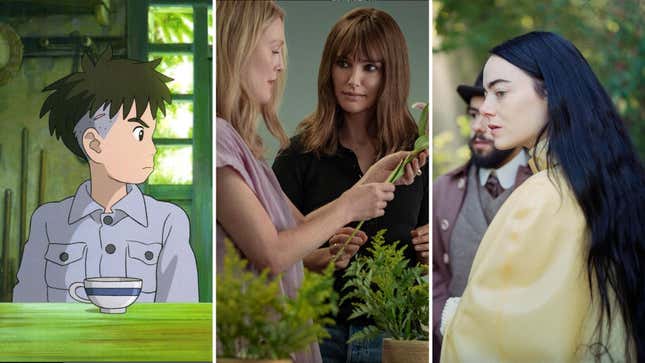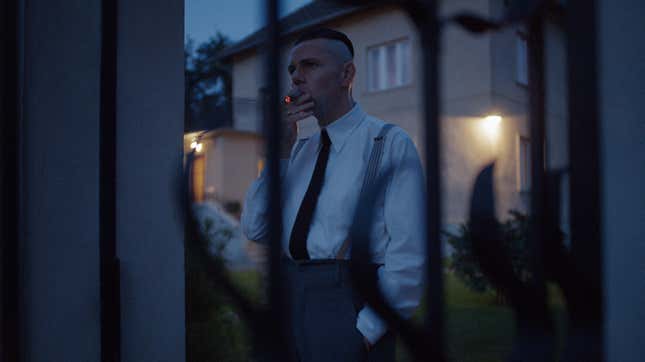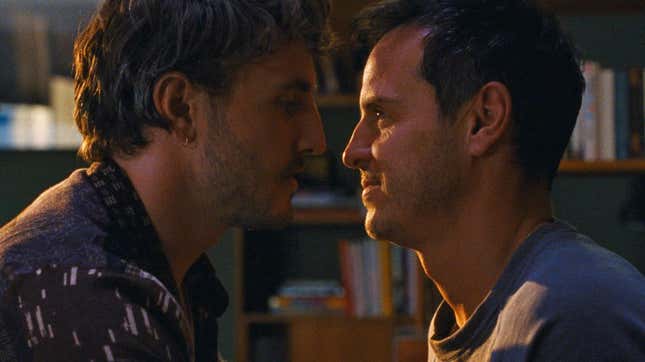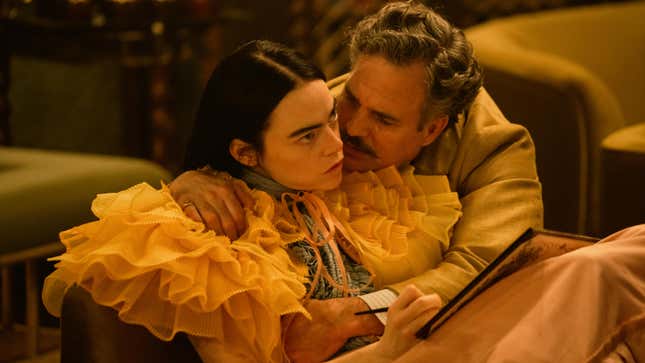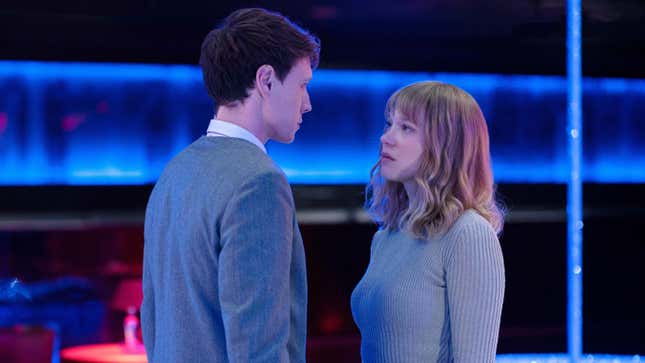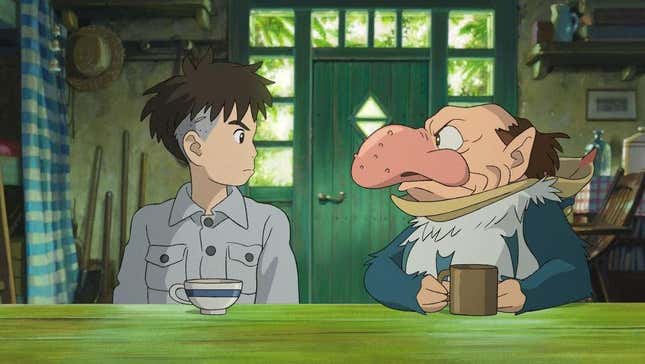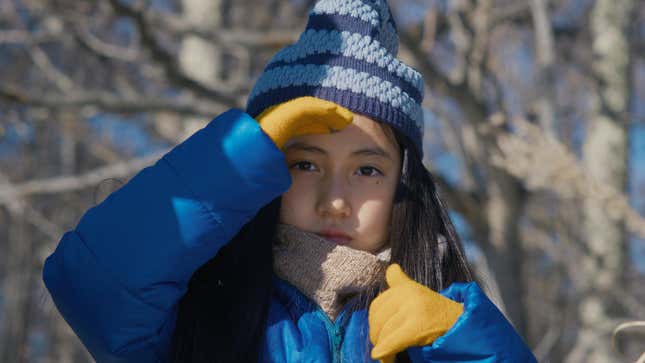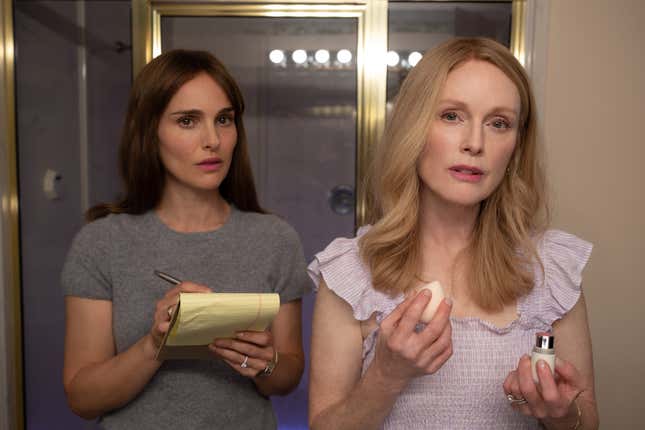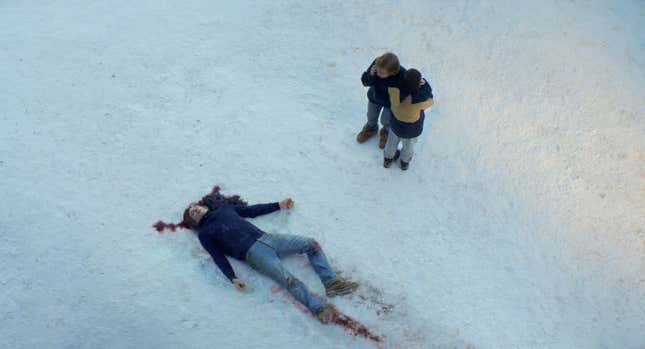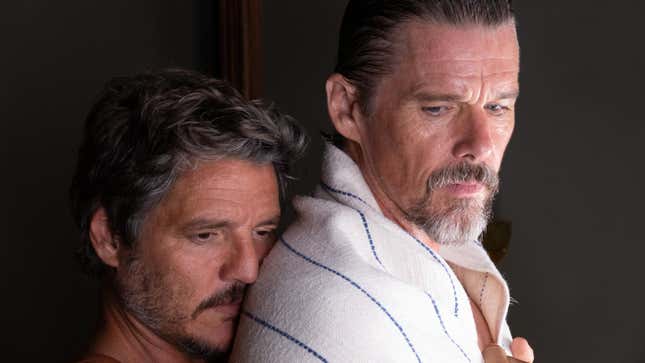All the Standout Movies We’ve Seen at New York Film Festival This Year
Poor Things, May December, The Boy and the Heron, and more hotly anticipated films, reviewed here.
EntertainmentMovies-

-

-

-

-

-

-

-

-

-

-

-

-

-

-

-

-

-

-

-

-

-

-

-

-

-

-

-

-

-

-

-

-

-

-

-

-

-

-

-

